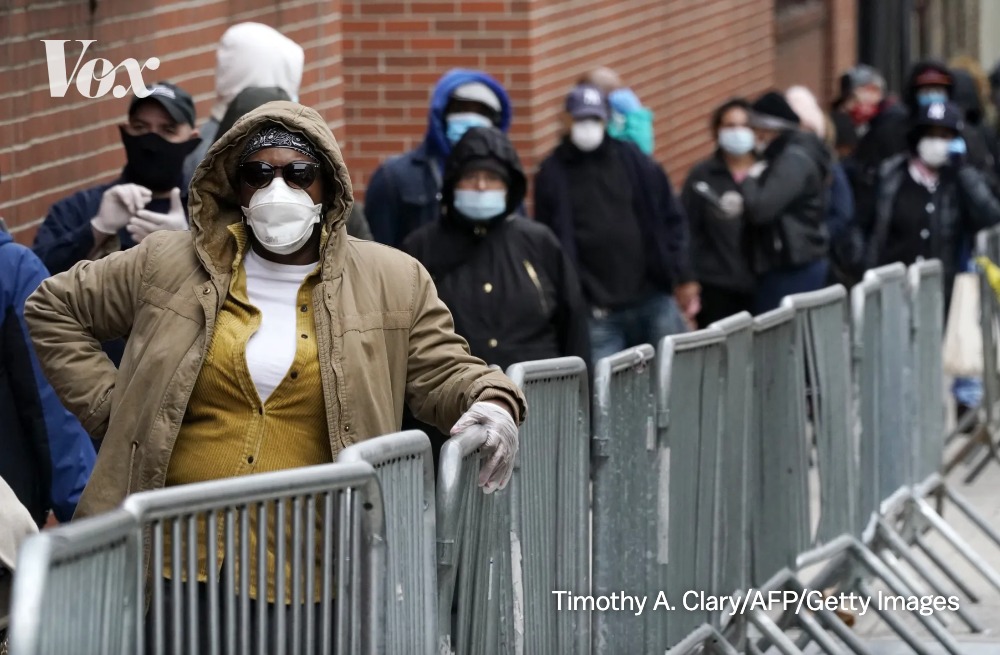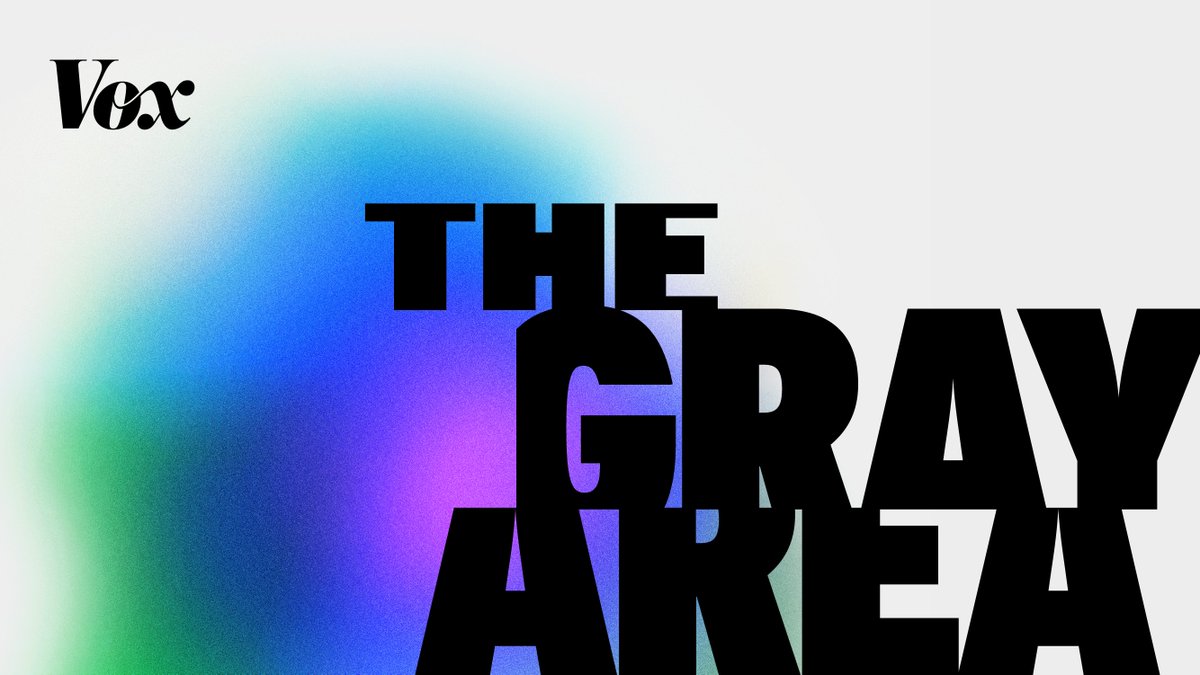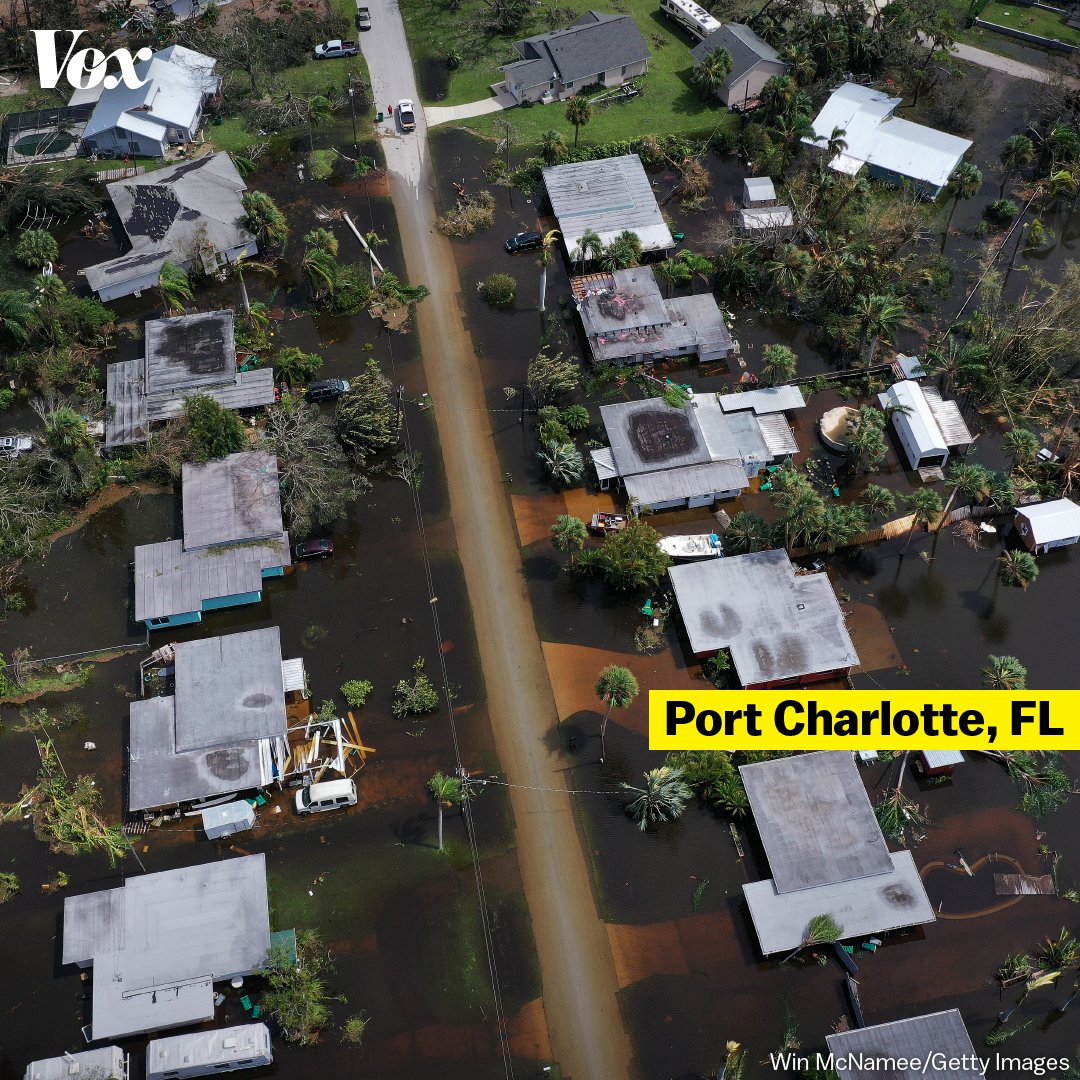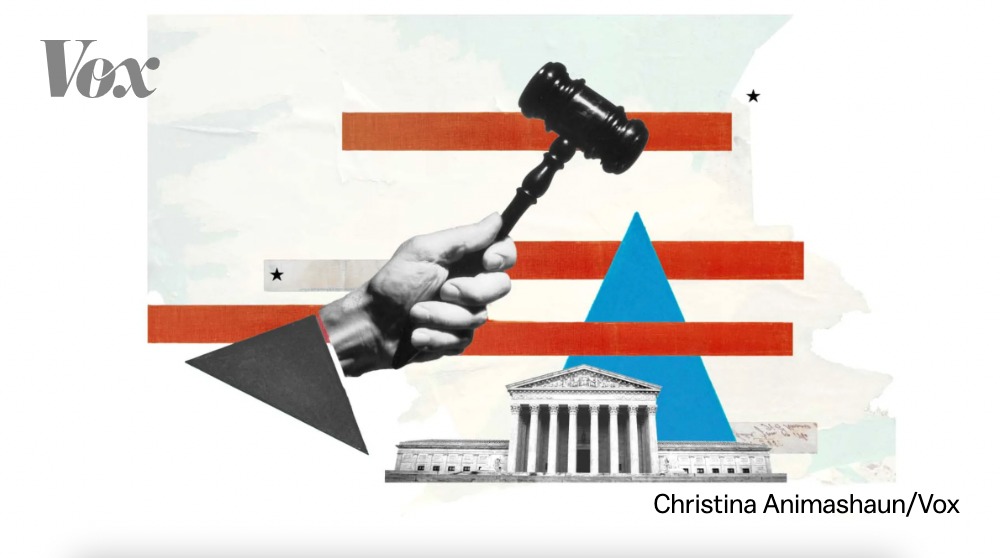BREAKING: President Trump’s expected Supreme Court nominee is Judge Amy Coney Barrett, a favorite of the religious right, according to multiple news outlets. Here’s what else you need to know about her background and record. vox.com/21446700/amy-c…
Judge Barrett is a staunch Catholic and a former law clerk to conservative Justice Antonin Scalia.
She was appointed to the United States Court of Appeals for the Seventh Circuit in 2017, also by Trump.
She was appointed to the United States Court of Appeals for the Seventh Circuit in 2017, also by Trump.
Barrett has very conservative views on issues like abortion and LGBTQ rights — and has reportedly stated that life begins at conception.
Based on her previous legal reviews of NFIB v. Sebelius (2012) and King v. Burwell (2015), she's also likely to vote to undercut Obamacare.
Based on her previous legal reviews of NFIB v. Sebelius (2012) and King v. Burwell (2015), she's also likely to vote to undercut Obamacare.
Four members of the current Court — Justices Clarence Thomas, Samuel Alito, Neil Gorsuch, and Brett Kavanaugh — have all called for their Court to take a more expansive approach to the Second Amendment.
If confirmed, Barrett is likely to provide the fifth vote for this project.
If confirmed, Barrett is likely to provide the fifth vote for this project.
While Barrett’s judicial record is fairly thin, owing to the fact that she’s only been a judge for about three years, that short record suggests that she’ll be a reliable conservative if confirmed to the Supreme Court.
• • •
Missing some Tweet in this thread? You can try to
force a refresh










